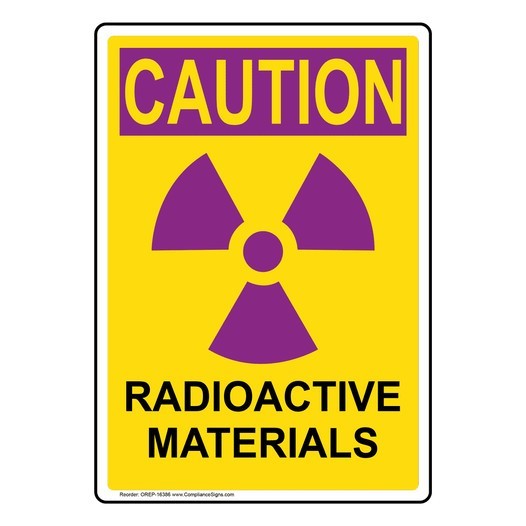New rules address radioactive water residuals, radon exposure in Illinois
The Illinois Emergency Management Agency (IEMA) intends to implement a new rule (32 Ill. Administrative Code 622) that addresses the ways radioactive water treatment residuals may be safely handled. IEMA is still accepting comments on these proposed rules.
Expected to be in place by the end of this year, the incoming state guidelines will affect several communities throughout Illinois where high levels of radium naturally occur in the soil and then leach into groundwater. Radium is found in at least trace amounts in nearly every kind of soil and rock.
Before that water can be consumed, it needs to be treated to remove radium.
Organizations treating this water should be aware of the safe handling and disposal guidelines being laid out by the state. That includes new testing requirements and proper ways to dispose of contaminated media. Radium concentrations must be determined through laboratory testing.
Testing: Under the new guidelines, every agency that manages radium throughout the treatment and disposal chain must register with IEMA. Sampling may also be required to determine proper disposal methods and to keep the workers handling it safe.
Disposal: Radium often is removed from water by sending it through a sand filter, chemical reactions or other approved treatment method. But once the water is clean, you are left with a filter that contains radioactive material at elevated concentrations. That can put workers who handle it – or even breathe the air around it – in danger.
IEMA now lists ways for proper disposal of contaminated media, depending on the level of radium. High levels require more expensive disposal procedures, including delivery to an authorized landfill. Low levels may be returned to the sanitary sewer or land with the proper permit and authorization
Worker safety is of utmost importance throughout this process and the reason IEMA is issuing these new, clearer guidelines.
When radium undergoes radioactive decay, it releases as radon, a highly radioactive gas known to be a leading cause of lung cancer. To address this hazard, a proposed regulatory rule mandates employers take proactive measures to reduce worker exposure to radon, which is determined through air testing. Workplaces found to have radon levels exceeding specified safety thresholds will be obligated to establish and implement comprehensive safety protocols and relevant training and potentially require mitigation procedures, , typically involving proper ventilation systems.
Fehr Graham remains committed to helping employers with IEMA regulations, so we are offering assistance with the new requirements, including monitoring and testing, a review of workplace safety policies and solutions such as improved ventilation to lower radiation levels in the air.
To learn more about IEMA regulations and the proper ways to handle radioactive water treatment residuals, contact us or give us a call at 920.453.0700.
 |
Matt Schroeder manages the Environmental Division at Fehr Graham. He provides technical expertise and leadership in environmental, health and safety compliance to clients, staff and other partners across North America. Before joining Fehr Graham, he worked in the manufacturing industry for two decades and now interacts regularly with stakeholders and agencies. Contact him at |
Collaborative, Insightful, Results-Driven Solutions
Fehr Graham provides innovative engineering and environmental solutions to help improve the lives and communities of our customers.

